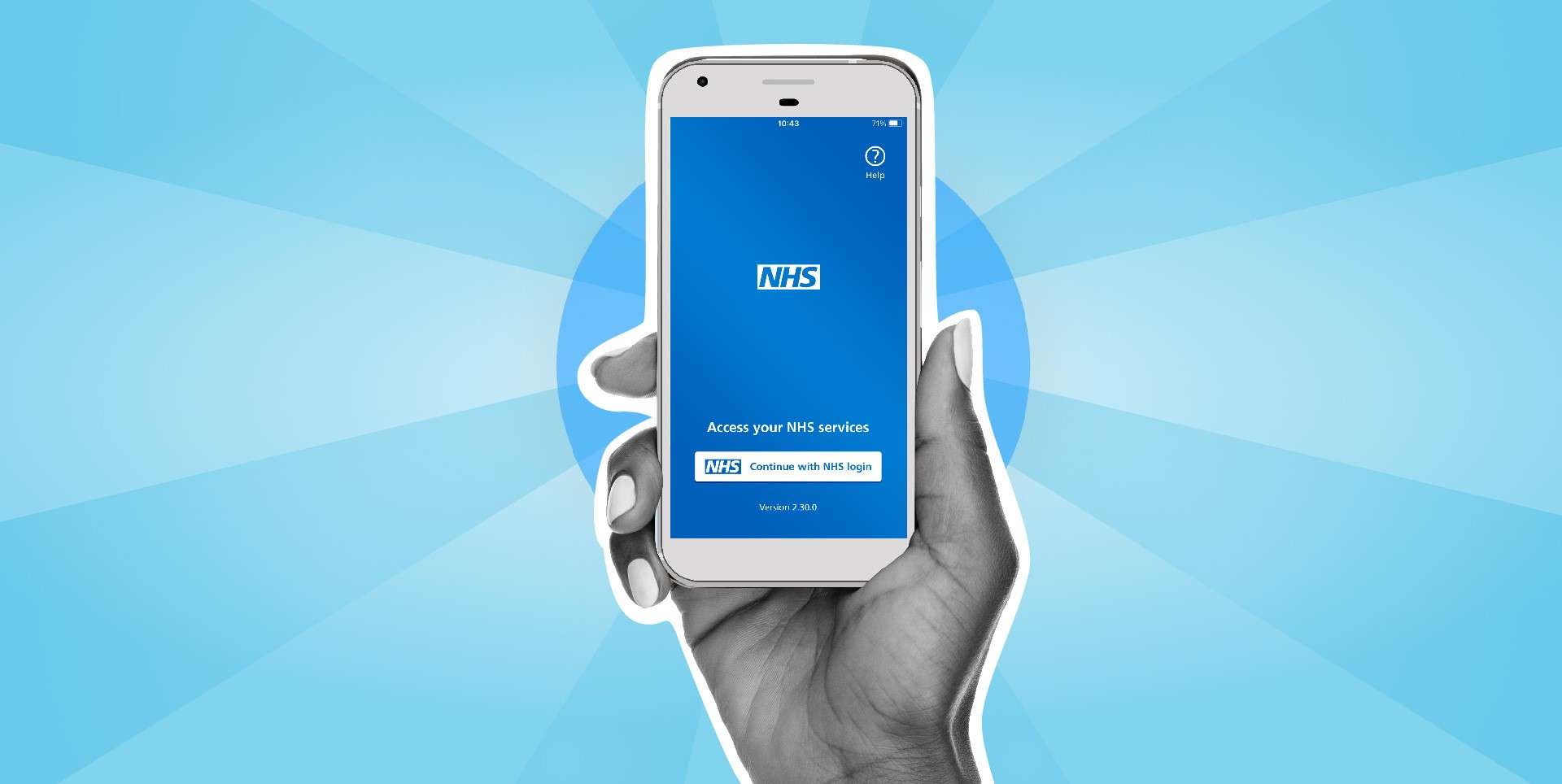Experts discuss what the lasting impact of the pandemic might be for government and the public sector
Credit: Ashley Western/EMPICS Entertainment
The coronavirus crisis has shown the power of technology – for good and for ill – with innovations, such as the creation of a virtual parliament and the rise of remote working, likely to have an impact that lasts far beyond the lifespan of the pandemic.
At the inaugural Dods Insights webinar – hosted last week by PublicTechnology parent company Dods Group – editors and analysts from some of the UK’s leading public sector and politics publications gathered to discuss the government’s response to Covid-19, and how the disease’s impact will manifest in the coming years across government, the public sector, industry, and society at large.
Coronavirus response has “placed a huge strain on the civil service”, according to Richard Johnstone, acting editor of Civil Service World.
Officials have had to implement emergency economic plans – which has occasioned the launch of almost 60 new digital services – while also handling a huge spike in claims for Universal Credit, managing a major public-health communications campaign, and running urgent programmes, such as the drive to acquire more ventilators.
“It has affected every part of government, and the pace at which they have been able to do these things has been really extraordinary – and doing it at a time when they have faced the same difficulties working from home as the rest of us,” Johnstone said. “A lot of civil service systems wouldn’t have been optimised for this, and it has been a good effort. Doubtless there will be enquiries and examinations of the effectiveness of it, but I think they have stood up well.”
Politicians have also had to get used to a new way of working. A so-called hybrid parliament has seen no more than 50 MPs allowed inside the chamber of the House of Commons at any one time, with others able to attend via videoconference – with their contributions broadcast via newly erected screens.
1.8 million
Approximate number of new claims for Universal Credit made since social-distancing measures were introduced on 16 March
57
Number of new digital services launched by government during the crisis, according to new civil service COO Alex Chisholm
55%
According to a poll for The House, the proportion of MPs that support the implementation of remote voting for those unable to attend parliament for health reasons
10
Average number of coronavirus-related fake news stories government claims it is working to take down each day
Daniel Bond, editor of The House magazine, said that parliament “deserves a lot of credit” for its response to the challenges of lockdown.
“It hasn’t always been smooth sailing, but I think the general consensus among MPs is that parliamentary authorities, the speaker, the officials and, particularly, the Parliamentary Digital Service, have done an excellent job and have worked really hard to ensure that scrutiny of government has been able to continue,” he said.
‘The genie is out of the bottle’
The new hybrid model has also included provisions for remote voting. Parliament is set to return to normal procedures next week but, but with the online system having proved its effectiveness, this innovation might be one that makes a return further down the line. Particularly given that a poll for The House found that 55% of MPs support the implementation of a remote voting system for members unable to attend for health reasons.
“This crisis has shown that reform can happen; for years, modernisers have called for a change to parliament’s voting method…. [while] traditionalists have always said voting online couldn’t be done – it wouldn’t be secure, and it wouldn’t work,” Bond said. “But, in a matter of weeks, we have seen that… digital voting can be established, it can be tested, it can be put in place – and it can work. It will end this week… but to what extent the genie is now out the bottle, I don’t know… Traditionalists certainly can’t say it can’t be done now. When this issue emerges in future, people can say ‘we did it then, and it worked very well’.”
A more damaging side effect of the pandemic has been what appears to be a rise in so-called ‘fake news’.
The government conceives of the problem in two strands: disinformation, which is the deliberate and malicious dissemination of false information for political or criminal purposes; and misinformation, which is the inadvertent spreading of falsehoods.
Additional resources have been dedicated to combatting both of these issues, and the Department for Digital, Culture, Media and Sport has led government’s engagement with social networks and the tech industry.
According to Sam Trendall, editor of PublicTechnology, the problem has not necessarily grown in scale or severity in recent months, but the harm caused by false information – particularly in relation to the causes and cures of coronavirus – has been demonstrated publicly as never before.
“I think what we have seen during the last couple of months is a moment of public realisation to how real and significant this problem is – similar to the WannaCry attack a few years ago,” he said. “Prior to that, a lot of people would have conceived of cybersecurity and cyberattacks as this kind of ethereal, intangible thing … but that was a moment that really demonstrated the real-world impact, the potential physical-world impact [of cyberattacks].
“In a matter of weeks, we have seen that… digital voting [for MPs] can be established, it can be tested, it can be put in place – and it can work. Traditionalists certainly can’t say it can’t be done now.”
Daniel Bond, The House
“And, I think, similarly, some of the [false information] we have seen around coronavirus; a lot of disinformation is very insidious, almost imperceptible. But when you are seeing telecoms engineers being harassed, or even assaulted in the street, that is a pretty stark warning of the issue of ‘fake news’, and the real-world impact it can have.”
According to Trendall, the “grim” reality facing government is that the problem is, and will remain, an extremely difficult one to address.
“It is not illegal to lie about stuff on the internet, nor is it probably remotely practicable to make laws that would render it illegal,” he said. “There is the technical response, [in which] government… has been working with the social networks on a programme of spotting fake news and taking it down, and maybe removing the users responsible. But that is only as effective as the length of time it takes someone else to post the same information.
“So, then you are left with the only real solution being combatting falsehood with truth, and trying to make the case with reason, and logic, and facts. But there is, sadly, a growing body of evidence that that is not always particularly effective either – there are plenty of people that will not believe anything that the government, or indeed the media, tells them, on a point of principle.”



